Cultivating cocoa communities, changing lives
Trias works to make the cocoa industry more sustainable with the objective of supporting farmers to produce it in an eco-friendly way and negotiate a fair income for their production. We provide guidelines and implement innovative techniques to streamline cocoa quality, make production more sustainable and improve their market access.
As a participant in the World Cocoa Conference 2024, Trias is proud to highlight the cocoa cooperatives that are essential to our mission. Together we contribute to a fairer and more equitable cocoa sector.
get to know our cocoa partners
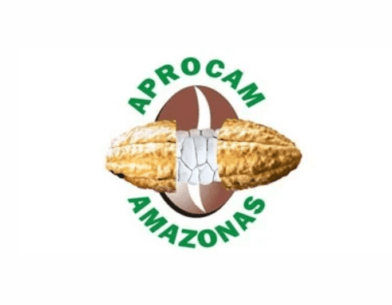
Aprocam Amazonas
Aprocam Amazonas, located in Peru’s Bagua, is a collective of coffee and cocoa artisans with 60% of its members being of Awajun heritage. The alliance is dedicated to producing high-quality, certified organic cocoa and champions fair trade practices, focusing on sustainable and environmentally respectful methods. In partnership with Trias, Aprocam is enhancing its productivity, entrepreneurship, inclusion, and community engagement.
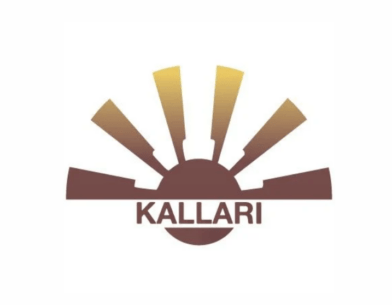
KALLARI
Since its foundation in 2003 in Ecuador’s Amazon region, Kallari represents 340 Kichwa families, focusing on cultivating premium aroma cocoa and producing organic chocolate. In partnership with Trias since 2022, Kallari has strengthened its governance, cooperative operations and technical skills, emphasizing the inclusion of women and youth. Kallari leads in supporting the traditional Amazonian chakra system, managed predominantly by Kichwa women, known as chakramamas.
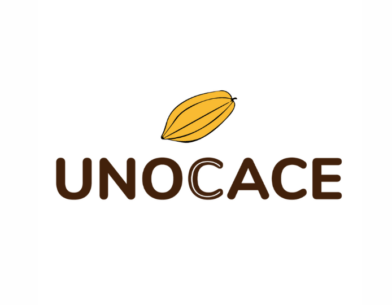
UNOCACE
Unocace, representing 22 associations of cocoa farmers in Ecuador, is dedicated to cultivating premium, certified organic, and fair trade cocoa within dynamic agroforestry systems. This approach promotes harmony with nature and sustainable farming practices. Since 2019, Unocace and Trias have collaborated through the SEPOP project, supported by AFD, to enhance the value of cocoa and its derivatives while integrating youth and women into the agricultural sector.
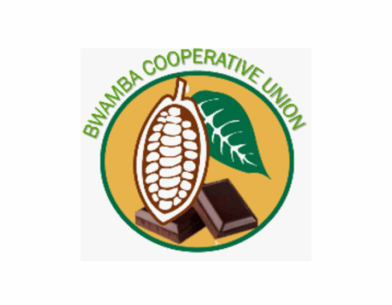
Bwamba Cooperative Union
The Bwamba Cooperative Union (BCU), based in Bundibugyo, Uganda, focuses on sustainable practices and quality production to support farmers and provide them with a strong collective voice. In partnership with Trias, BCU is enhancing climate resilience among small-scale cocoa farmers in Uganda’s Rwenzori region through climate-smart agricultural practices and developing a climate-friendly cocoa value chain.
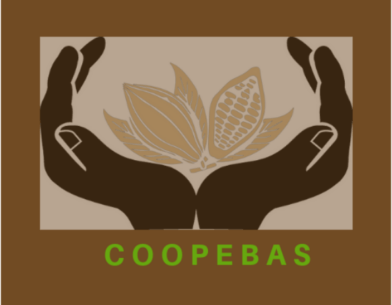
Coopebas
COOPEBAS, was established in 2010 in the Democratic Republic of Congo to manage the agricultural and forestry products of its 259 members, which include cocoa and honey. It operates with a management and a supervisory committee, focusing on production, processing, storage, and marketing, while promoting gender equality and ecological sustainability.
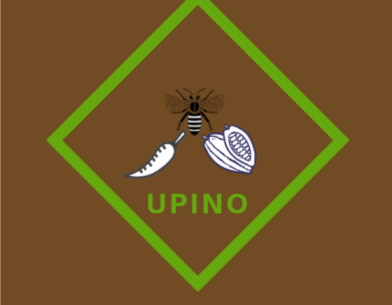
UPINO
UPINO, or the Union des Producteurs d’Inongo, was established in 2010 in the Democratic Republic of Congo. This cooperative, consisting of 227 members, aims to support its members economically and socially through improved cultivation techniques, livestock farming and the production and marketing of various products. However, cocoa is its primary profitable activity with 7 processing sites.
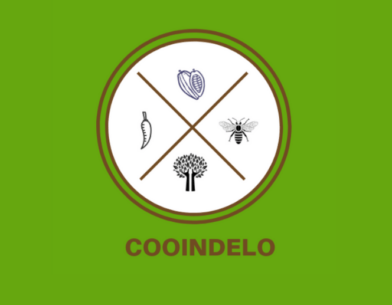
cooindelo
COOINDELO, established in 2010 in Isongo, Democratic Republic of Congo, manages the production, processing, and marketing of cocoa and other agricultural and forestry products. With 14 cocoa processing sites, COOINDELO holds an export license and in 2021, it exported 23.5 tonnes and sold 8 tonnes locally. Recently, in partnership with Trias and ZOTO, it began developing specialty cocoa funded by G-STIC.
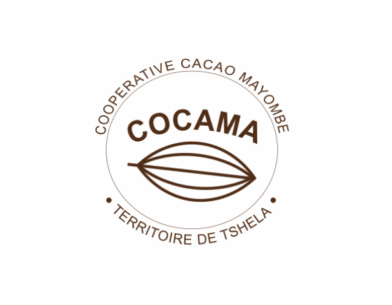
Cocama
COCAMA, established in 2009 in Kongo-Central, specializes in enhancing farmer livelihoods through cocoa production, processing, and marketing. Located in a nature reserve, COCAMA promotes environmental sustainability and resilience to climate change, while supporting the involvement of women and young people in the community.
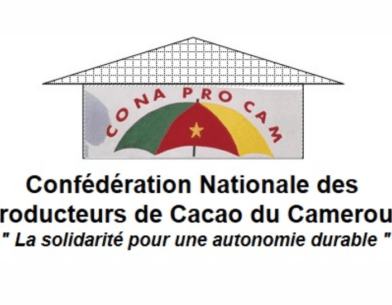
ConaProCam
ConaProCam, founded in 2002 in Yaoundé, Cameroon, serves as the national umbrella organisation for cocoa producers, specifically supporting the cocoa and coffee sector. It collaborates with Trias to enhance organizational efficiency and capacity through training and strategic guidance. This partnership helps improve administrative and financial processes related to cocoa export and fosters a collaborative network among members, aiming for sustainable growth and better livelihoods in the cocoa sector.